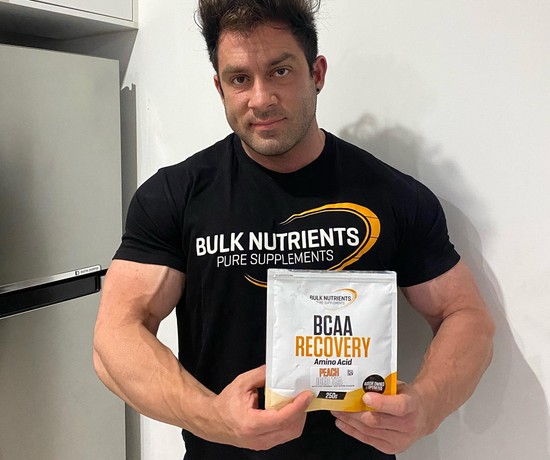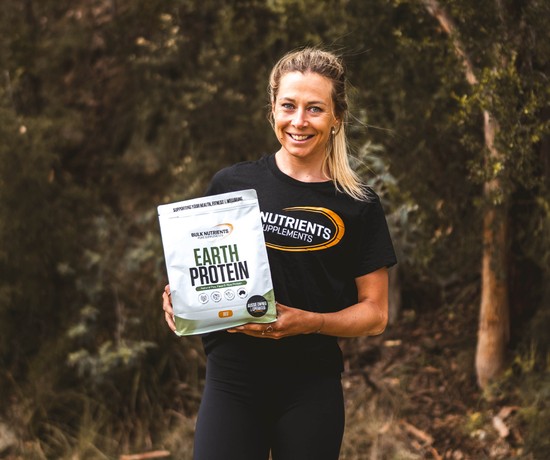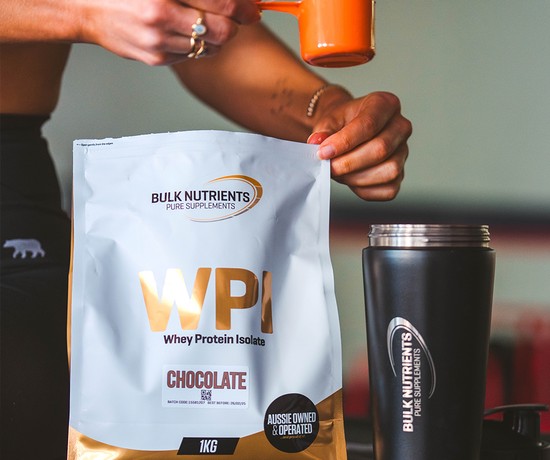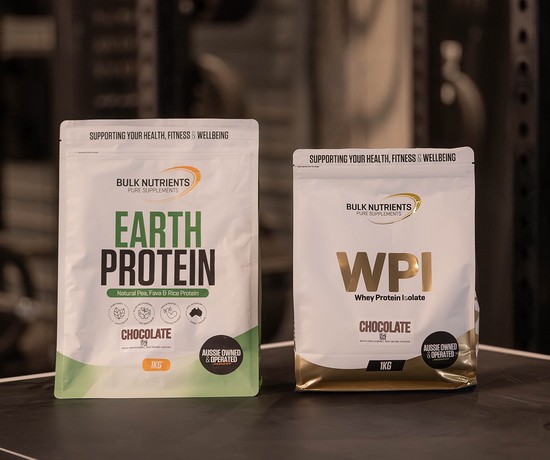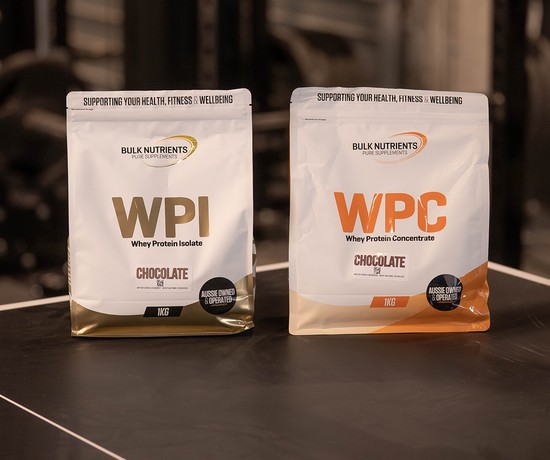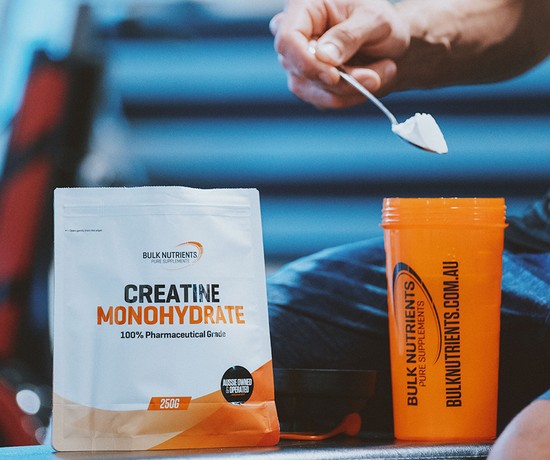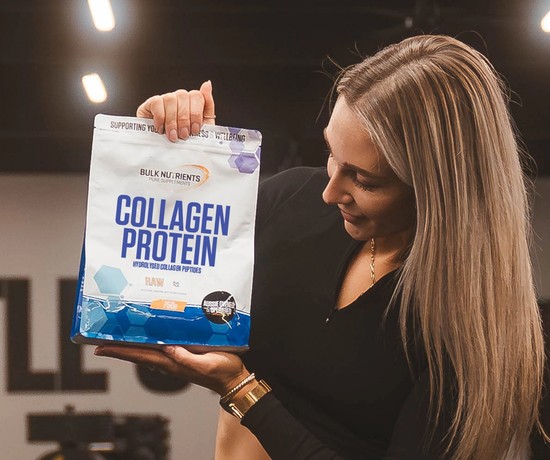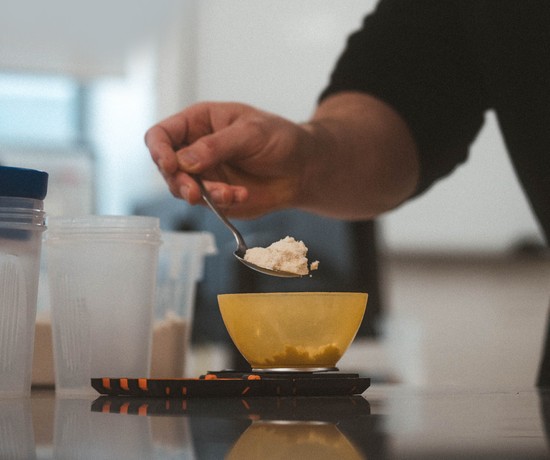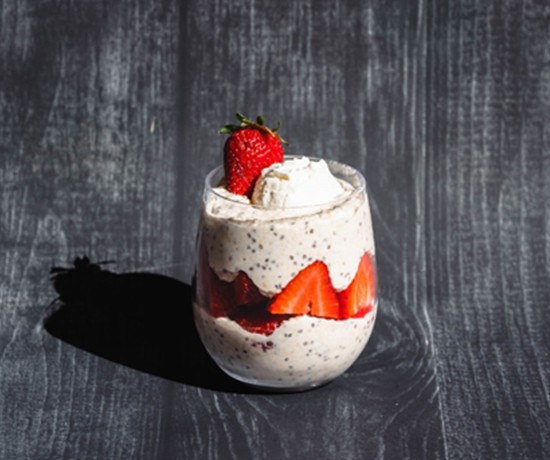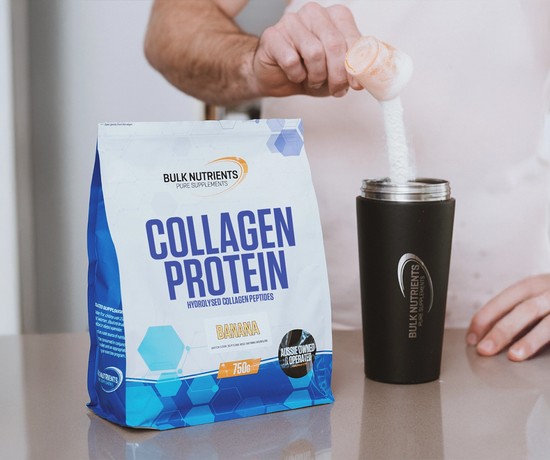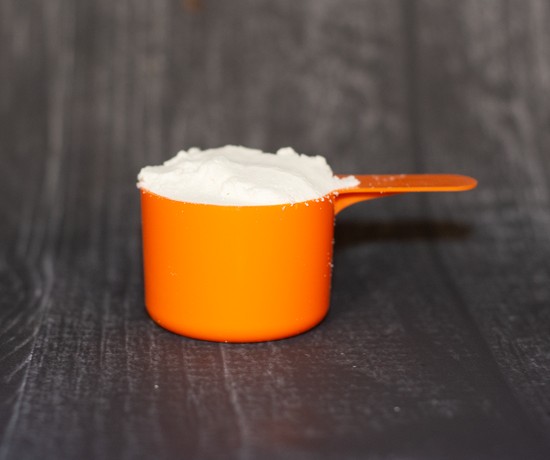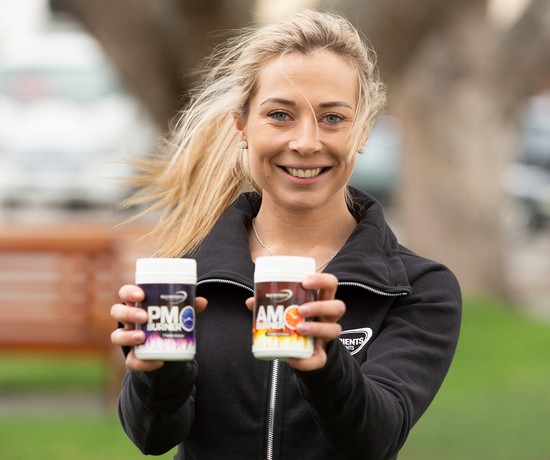Is Vitamin D Really Helpful Against COVID-19?
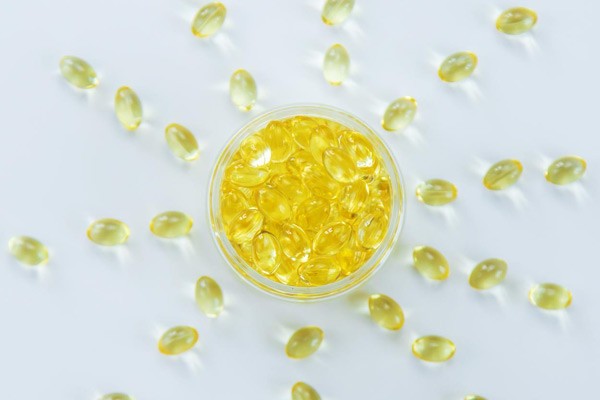
COVID-19 and Vitamin D
Two of the strongest reasons vitamin D has been thought to help prevent the severity of a COVID-19 infection are:
1. The correlation between low vitamin D in high latitude countries and the higher amount of COVID-19.
2. How vitamin D supplementation of 10-25 μg a day protects slightly against acute respiratory infections.
With these things in mind, further investigation has taken place.
However, there is limited data directly into patients with COVID-19. But, the National Institute for Health and Care Excellence (NICE) review [Vitamin D has been withdrawn], featured one small randomised controlled trial (the gold standard of scientific research).
The study featured patients hospitalised with COVID-19 in a hospital in Spain and treated with a high dose of calcifediol (vitamin D). They had 0.532 mg, which is approximately 68,000 IU of vitamin D3.
So, what did they find?
Of the 50 patients treated with vitamin D, one required admission to ICU (2%), while of 26 untreated patients, 13 required admissions (50%). The authors concluded:
"Our pilot study demonstrated that administration of a high dose of Calcifediol or 25-hydroxyvitamin D, a main metabolite of vitamin D endocrine system, significantly reduced the need for ICU treatment of patients requiring hospitalisation due to proven COVID-19."
They went on to say:
"Calcifediol (vitamin D) seems to be able to reduce severity of the disease, but larger trials with groups properly matched will be required to show a definitive answer."
And it's a rather interesting finding.
Another study looked at the benefits of vitamin D supplementation on athletes. The scientists behind it suggest vitamin D could reduce the risks of infection and severity, death, and long-haul effects by the following mechanisms:
1. Reducing the survival and replication of the virus
2. "Reducing inflammation and the production of proinflammatory cytokines and risk of the “cytokine storm” that damages the epithelial layer of the lungs, heart, vascular system, and other organs"
3. Reducing one of the hormones that allow the virus to cause damage.
As those researchers point out, there are about 30 observational studies have shown that incidence, severity, and death from COVID-19 are inversely correlated with a high amount of vitamin D in their blood.
But of course, these are just observational studies and not randomised trials as we mentioned.
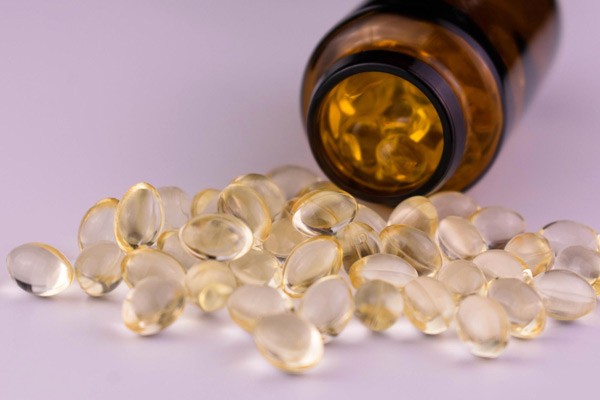
And of course, not all studies have been favourable.
This study found that a single oral dose of 5000 μg of vitamin D3 had no influence on the length of hospital stay for these Brazilian patients with severe COVID-19 infections.
And in this other review, eleven cohort studies with 536,105 patients and two randomised controlled trials were analysed. The researchers reported that Vitamin D deficiency or insufficiency wasn't associated with a significantly increased risk of COVID-19 infection, or in-hospital death.
Why the discrepancy between studies?
Well, researchers state that:
- Participants (age, ethnicity, genetic heterogeneity, and obesity)
- Dose
- Initial vitamin status
- Duration of vitamin D supplementation
- Risk of bias
...all make the interpretation of all evidence difficult.
The first cited study concludes that "existing evidence supports a compelling case for further research", but that "Benefits are possible but the evidence is sparse, indirect, and inconclusive."
So where does that leave us?
Well, at this point, no definite dosage recommendations nor decisions can be made in relation to vitamin D and COVID-19.
More trials are needed, and we are not yet at a stage where the science is conclusive.
But we do know that vitamin D is good for our health and that we should be taking it anyway.
It's one of the 24 micronutrients vital for human survival and plays a key role in optimising bonehealth, muscle function, and calcium levels in the blood; all critical for our health and fitness efforts.
And what isn't touched on enough is that most organs, including your gut, heart, brain, skin, pancreas, kidneys, and immune system, all have receptors for vitamin D!
Vitamin D is also important for optimal cognitive function.
How much Vitamin D do we need daily?
Recently revised recommendations suggest 600 IU (15 micrograms) for those aged 1–70 years and 800 IU (20 micrograms) for those over 71 years of age. The upper limit is listed as 4000 IU (100 micrograms).
The bottom line on Vitamin D to help Covid-19
Vitamin D is good for our health, and we should consume it regardless. Recommendations are to take 600 IU (15 micrograms) for those aged 1–70 years and 800 IU (20 micrograms) for those over 71 years of age. The upper limit is listed as 4000 IU (100 micrograms).
At the time of writing, the literature on Vitamin D and its ability to reduce the severity of COVID-19 is divided. Whilst there's evidence on both sides, more research is needed before any definitive conclusions or recommendations are made.
Getting back to the gym after having covid?
Check out our fantastic guide - all you need to know about muscle memory and returning to the gym post covid!
References:
- Bendik I, Friedel A, Roos FF, Weber P, Eggersdorfer M. Vitamin D: a critical and essential micronutrient for human health. Front Physiol. 2014 Jul 11;5:248. doi: 10.3389/fphys.2014.00248. PMID: 25071593; PMCID: PMC4092358.
- Bendik I, Friedel A, Roos FF, Weber P, Eggersdorfer M. Vitamin D: a critical and essential micronutrient for human health. Front Physiol. 2014;5:248. Published 2014 Jul 11. doi:10.3389/fphys.2014.00248
- Caryl A Nowson, John J McGrath, Peter R Ebeling, Anjali Haikerwal, Robin M Daly, Kerrie M Sanders, Markus J Seibel and Rebecca S Mason
- Chen, J., Mei, K., Xie, L. et al. Low vitamin D levels do not aggravate COVID-19 risk or death, and vitamin D supplementation does not improve outcomes in hospitalized patients with COVID-19: a meta-analysis and GRADE assessment of cohort studies and RCTs. Nutr J 20, 89 (2021). https://nutritionj.biomedcentral.com/articles/10.1186/s12937-021-00744-y
- Grant WB, Lahore H, Rockwell MS. The Benefits of Vitamin D Supplementation for Athletes: Better Performance and Reduced Risk of COVID-19. Nutrients. 2020;12(12):3741. Published 2020 Dec 4. doi:10.3390/nu12123741
- Hariton, Eduardo, and Joseph J Locascio. “Randomised controlled trials - the gold standard for effectiveness research: Study design: randomised controlled trials.” BJOG : an international journal of obstetrics and gynaecology vol. 125,13 (2018): 1716. doi:10.1111/1471-0528.15199
- Jolliffe DA, Camargo CA, Sluyter JD, et al. Vitamin D supplementation to prevent acute respiratory infections: systematic review and meta-analysis of aggregate data from randomised controlled trials.medRxiv2020doi:10.1101/2020.07.14.20152728.
- Kohlmeier M. Avoidance of vitamin D deficiency to slow the COVID-19 pandemic. BMJ Nutr Prev Health2020;3:67-73. doi:10.1136/bmjnph-2020-000096. pmid:33230496
- Med J Aust 2012; 196 (11): 686-687. || doi: 10.5694/mja11.10301
- Murai IH, Fernandes AL, Sales LP, et al. Effect of a single high dose of vitamin D3 on hospital length of stay in patients with moderate to severe covid-19: a randomized clinical trial. JAMA2021. doi:10.1001/jama.2020.26848. pmid:33595634
- NICE. Vitamin D for covid-19: evidence reviews for the use of vitamin D supplementation as prevention and treatment of covid-19. 2020
- Staud R. Vitamin D: more than just affecting calcium and bone. CurrRheumatol Rep. 2005 Oct;7(5):356-64. doi: 10.1007/s11926-005-0020-0. PMID: 16174483.





